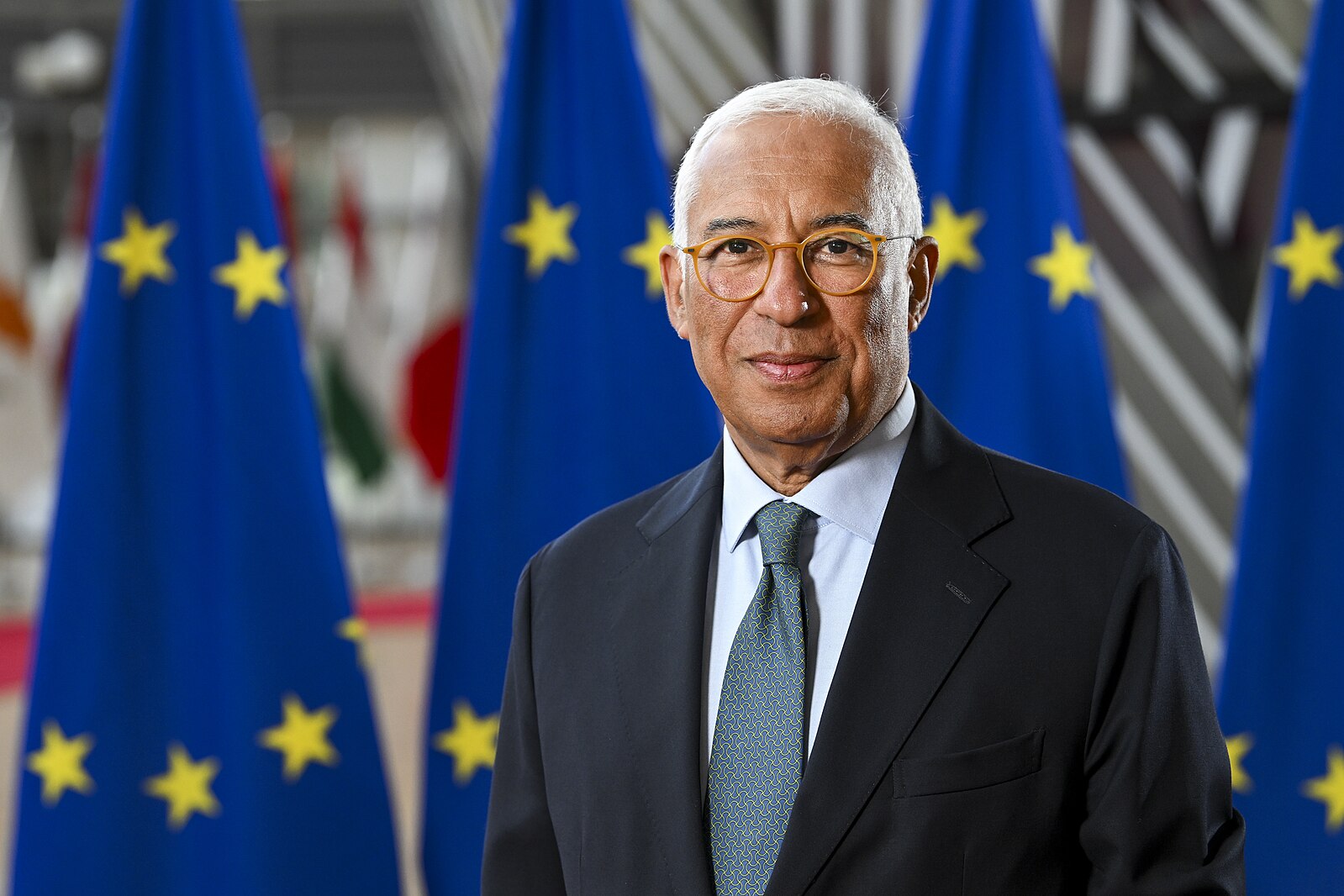The family of Frosina Kulakova, a young woman killed in a traffic accident earlier this year, called on Wednesday for a 20-year prison sentence for the driver involved and disciplinary action against the judge who handed down a lesser sentence.
Vasil Jovanov was sentenced to 12 years in prison for hitting and killing Kulakova while reportedly driving drunk, without a license, and running a red light in January. Her family, joined by others who have lost loved ones in road accidents, accused the judiciary of corruption and delivering unjust rulings.
“We demand 20 years in prison without mitigating circumstances,” said Todor Kulakov, Frosina’s father, during a protest march in Skopje. “The court sentenced a man who drove drunk, without a license, and hit our daughter at a crosswalk, on a red light, to just 12 years.”
The protest began at the Universal Hall and ended at the Basic Criminal Court, where families held signs and gave statements condemning the judge’s decision. The Kulakov family claimed Jovanov intentionally changed direction and struck Frosina at around 90 km/h. They also accused Judge Snezana Markovska of bias and demanded her temporary suspension.
The family urged the Judicial Council to investigate potential outside influence in the case and open disciplinary proceedings against the judge. They also proposed legal reforms, including introducing a new criminal offense—“gross negligence causing death”—with a minimum sentence of 15 years, and the creation of a registry for “dangerous offenders” who would be banned from driving on certain roads.
Other families affected by deadly traffic incidents joined the protest. Biljana Radulović, whose son Alek died in 2021, said she had been trapped in “a judicial labyrinth” for three years. She accused forensic experts of corruption and the defense of showing no remorse.
“The expertise was bought, and the defense team never expressed a shred of guilt,” she said.
The sister of Teodora Ristovska, a young woman killed in Tetovo, criticized the Public Prosecutor’s Office for recommending a lighter sentence for the driver who caused her sister’s death—resulting in a two-year prison term.
“Why is no one investigating the prosecutor who made that proposal? It’s been two and a half years since the incident, and he’s still free. We’ve been without Teodora all this time,” she said.
There was no immediate comment from the Judicial Council or the Basic Criminal Court regarding the families’ demands.
North Macedonia’s judiciary frequently faces public scrutiny over decisions allegedly influenced by powerful political or business interests. Surveys consistently show low trust in the judicial system, while high-level corruption often goes unpunished. Citizens say they bear the brunt of this dysfunction.



